Obituaries
Howard Metzenbaum, Henrietta Bell Wells
A free daily email with the biggest news stories of the day – and the best features from TheWeek.com
You are now subscribed
Your newsletter sign-up was successful
The Ohio senator who championed liberal causes
Howard Metzenbaum
1917–2008
The Week
Escape your echo chamber. Get the facts behind the news, plus analysis from multiple perspectives.

Sign up for The Week's Free Newsletters
From our morning news briefing to a weekly Good News Newsletter, get the best of The Week delivered directly to your inbox.
From our morning news briefing to a weekly Good News Newsletter, get the best of The Week delivered directly to your inbox.
Former Sen. Howard Metzenbaum, who has died at 90, certainly knew how to get noticed. A fellow liberal, Ted Kennedy of Massachusetts, extolled him as “the conscience of the Senate.” But one of his many Republican detractors, Ted Stevens of Alaska, once called him “a pain in the ass.” The Almanac of American Politics, usually known for its temperate tone, said the Ohioan was “prickly, persistent, and at times irritating.” For his outspoken, publicity-seeking style, Metzenbaum—who was known as “Headline Howard”—made no apologies. “Sometimes in order to be effective,” he said, “you have to be an SOB.”
The son of a first-generation American who eked out a living selling goods salvaged from bankrupt companies, Metzenbaum grew up poor in Cleveland, said the Cleveland Plain Dealer. But he worked hard to change that. He paid his way through college and law school by renting bicycles, selling chrysanthemums, and ferrying friends to the racetrack. In the summers, he would travel the state “selling razor blades, shaving cream, toothpaste, and other sundries.” Later, he opened the first commercial parking lot at the Cleveland Airport, which he grew into a chain that he eventually sold for millions, while investing in a string of Ohio newspapers and 17 Avis franchises. He also pursued a career in politics, serving as a state legislator from 1943 to 1951.
After that, “he kept his hand in politics by working as a lawyer for labor unions,” and, in 1973, was appointed to serve the remaining year of Sen. William Saxbe’s uncompleted term. In 1976, he was elected to the Senate in his own right.
Metzenbaum quickly became known as an unabashed liberal, said The New York Times. He worked for such populist causes as workers’ rights, food safety, and, notably, gun control, sponsoring the original Brady Bill. He also “threw himself into fights against the deregulation of gas and oil prices, called for tighter regulation of the insurance industry, and fought for national health insurance.” Metzenbaum was a master obstructionist, perfecting the use of the filibuster to hold up “pork barrel excess and tax loopholes.” It’s estimated that in 1982 alone, he blocked the passage of bills that would have cost taxpayers some $10 billion. “His style was stubborn, bombastic, and often self-righteous—so grating that more than one colleague compared it to fingernails scraping across a blackboard.” Even his allies found him difficult. “I’ve worked with Howard Metzenbaum and I’ve worked against Howard Metzenbaum,” said his fellow Ohio Democratic senator, John Glenn. “And it’s a whole lot more pleasant to work with him.”
A free daily email with the biggest news stories of the day – and the best features from TheWeek.com
In the 19 years he served in the Senate, Metzenbaum “rarely pulled his punches,” said The Washington Post. In 1994, he was so disturbed by opposition to President Clinton’s universal health-care proposal that he called a moderate and bipartisan counterproposal “a callow, heartless idea; a harebrained, cruel, crass, ‘lame-stream’ proposal—one of the most absurd things I’ve ever heard of.” On his last day in office, in 1994, he took to the floor of the Senate to argue against a trade bill and declared: “I’m glad I’m going out in the midst of a battle, maybe disappointed that I’m not on the winning side. But that was and has been my role—to be able and willing to speak out when others were not willing to do so.”
After leaving office, Metzenbaum became chairman of the Consumer Federation of America, holding that position to his death. Among his survivors is Shirley, his wife of 61 years.
The pioneering debater whose life was captured on film
Henrietta Bell Wells
1912–2008
When Henrietta Bell Wells died at 96 last week, she might have done so in obscurity were it not for an acclaimed feature film released just three months ago. The Great Debaters was the story of eight black students who, in 1930, took part in the first interracial college debate in the United States. The only woman and the only freshman on her team, Wells was also its last survivor.
Wells was born in Houston, “on the banks of Buffalo Bayou, and raised by a struggling single mother from the West Indies,” said the Houston Chronicle. After graduating as her high school’s valedictorian in 1929, she won a scholarship to all-black Wiley College in Marshall, Texas. There, English professor Melvin Tolson encouraged her to try out for his newly formed debate team. “Reluctant, Wells took the stage, stood behind the podium, and read for him.” She made the cut. In addition to attending classes, Wells had to practice her debating at night, “all while working three jobs.”
“Wiley was soon debating and defeating black colleges two and three times its size,” including Tuskegee and Howard Universities, said The New York Times. Tolson drove his charges hard. He would walk into class, slam the door, and ask a pointed question such as, “Wells, what is a verb?” Wells remembered him urging the team to punch up its style, saying, “You’ve got to put something in there to wake the people.” Then, in the spring of 1930, Wiley took on an all-white team of University of Michigan law students before a standing-room-only crowd at Chicago’s Seventh Street Theater. “It was the largest black-owned theater in town, because no large white-owned facility would admit a racially mixed audience.” Though no winner was declared, the idea of black students debating against whites was groundbreaking. “We felt at the time that it was a giant step toward desegregation,” Wells said.
“Wells stayed on the debate team for one year and then dropped out because she needed to earn more money to support herself,” said the Los Angeles Times. Later, she graduated and returned to Houston to become a social worker and teacher. Her signature moment was forgotten for decades, until Denzel Washington reawakened public interest by directing and starring in The Great Debaters, which depicts Wiley’s triumph. Although Wells enjoyed the attention and the movie, serving as a consultant, she downplayed her importance. “I just thought I was living my life,” she said recently. “I don’t think we thought we were doing any great job. We were in the debate team for fun, just doing our best.” Wells leaves no immediate survivors.
-
 James Van Der Beek obituary: fresh-faced Dawson’s Creek star
James Van Der Beek obituary: fresh-faced Dawson’s Creek starIn The Spotlight Van Der Beek fronted one of the most successful teen dramas of the 90s – but his Dawson fame proved a double-edged sword
-
 Is Andrew’s arrest the end for the monarchy?
Is Andrew’s arrest the end for the monarchy?Today's Big Question The King has distanced the Royal Family from his disgraced brother but a ‘fit of revolutionary disgust’ could still wipe them out
-
 Quiz of The Week: 14 – 20 February
Quiz of The Week: 14 – 20 FebruaryQuiz Have you been paying attention to The Week’s news?
-
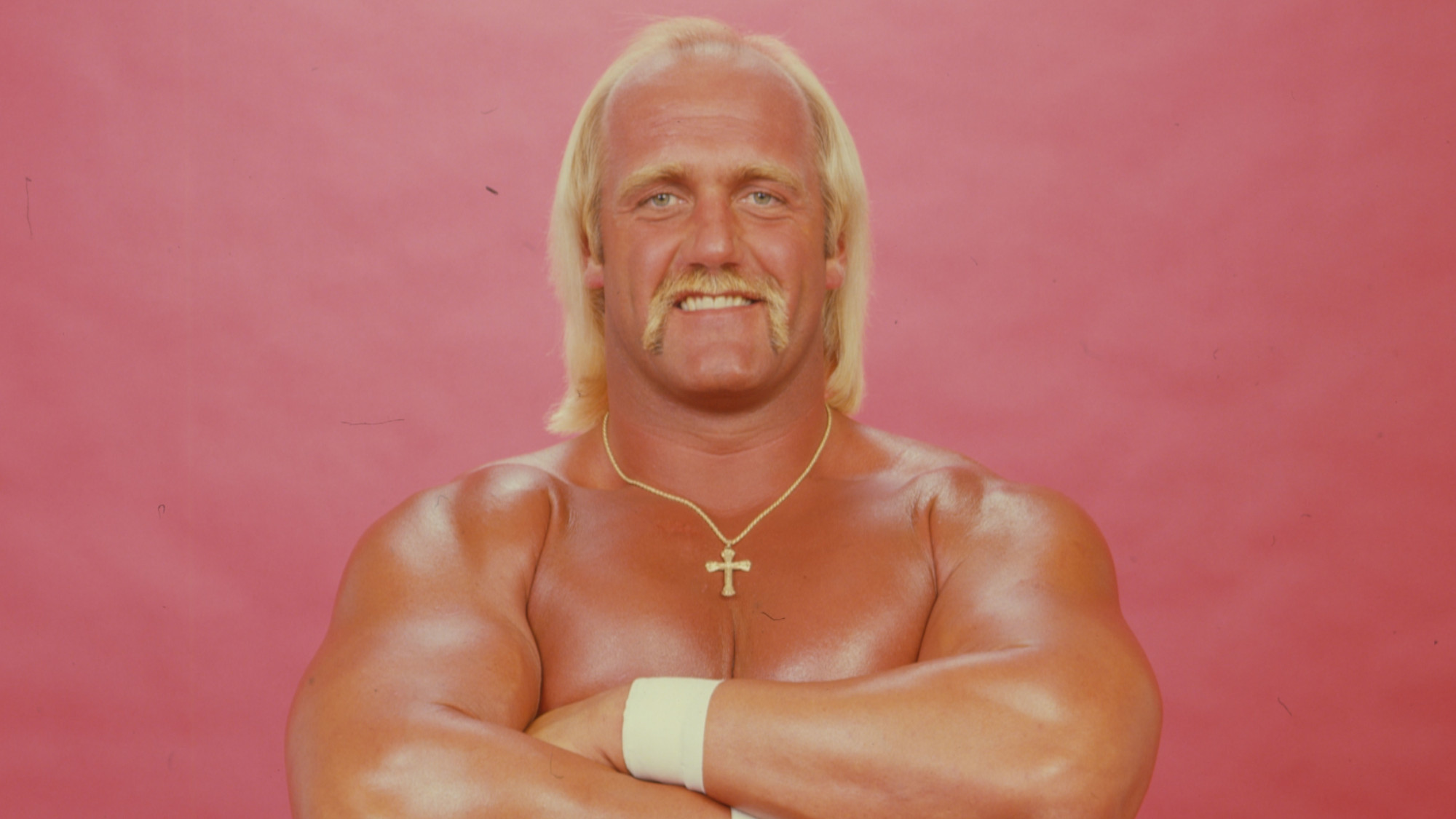 Hulk Hogan
Hulk HoganFeature The pro wrestler who turned heel in art and life
-
 Denis Law obituary: fond farewell to 'the King of the Stretford End'
Denis Law obituary: fond farewell to 'the King of the Stretford End'In the Spotlight Scottish footballer who was one of Manchester United's 'Holy Trinity' has died aged 84
-
 Geoff Capes obituary: shot-putter who became the World’s Strongest Man
Geoff Capes obituary: shot-putter who became the World’s Strongest ManIn the Spotlight The 'mighty figure' was a two-time Commonwealth Champion and world-record holder
-
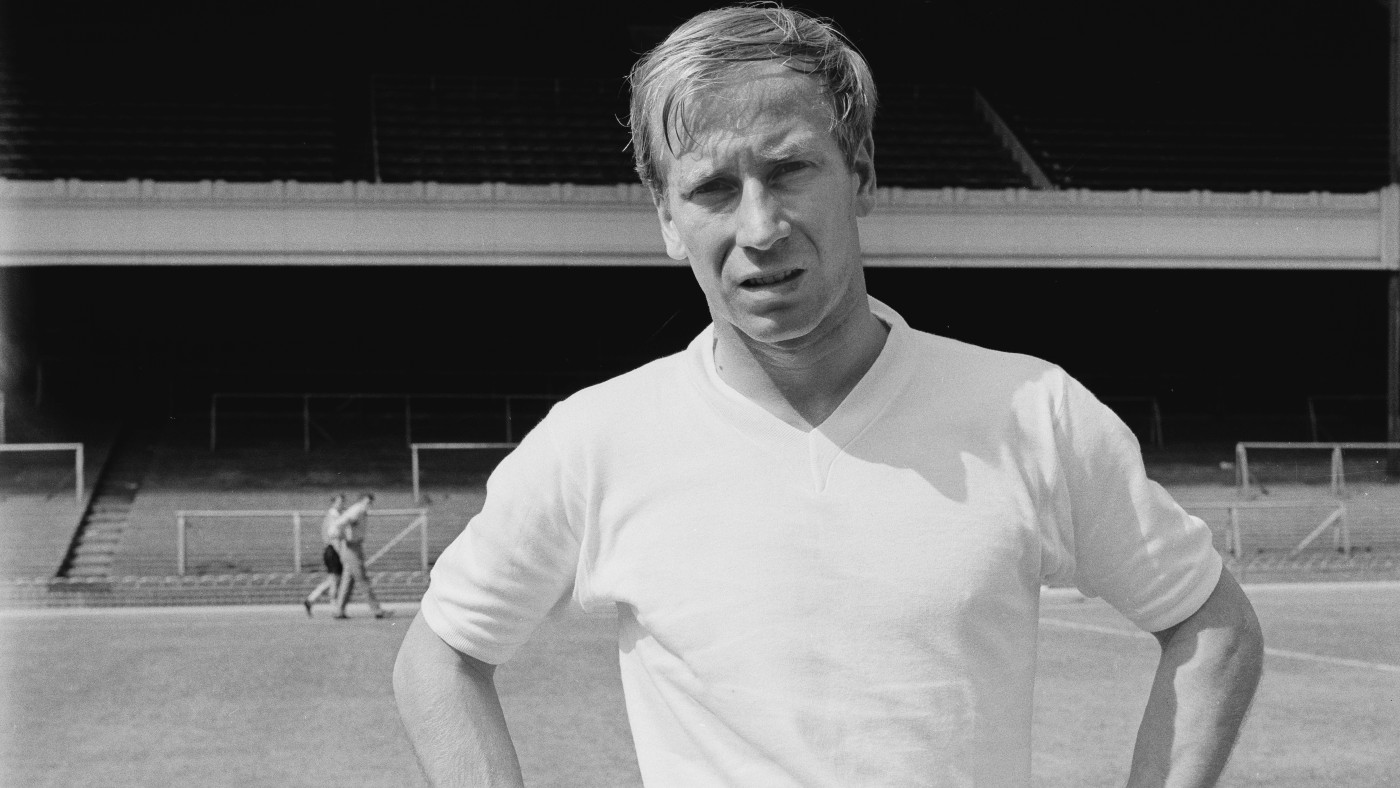 Bobby Charlton: England's old-fashioned sporting hero
Bobby Charlton: England's old-fashioned sporting heroObituary Not only was Sir Bobby one of the country's greatest-ever footballers he was lauded for his demeanour on and off the pitch
-
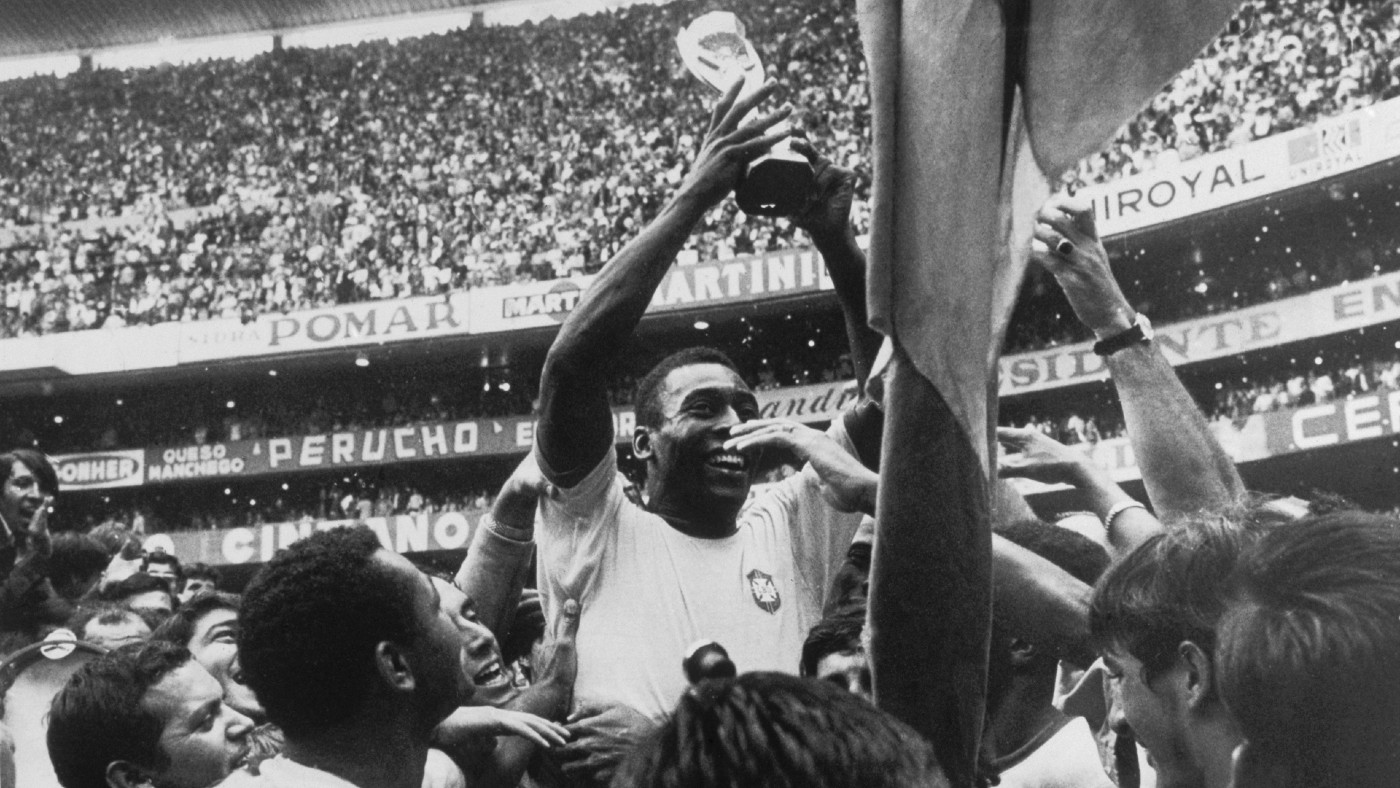 Pelé obituary: remembering the greatest footballer of all time
Pelé obituary: remembering the greatest footballer of all timeIn the Spotlight The Brazilian footballer, who died aged 82, was blessed with extraordinary skill in every aspect of the game
-
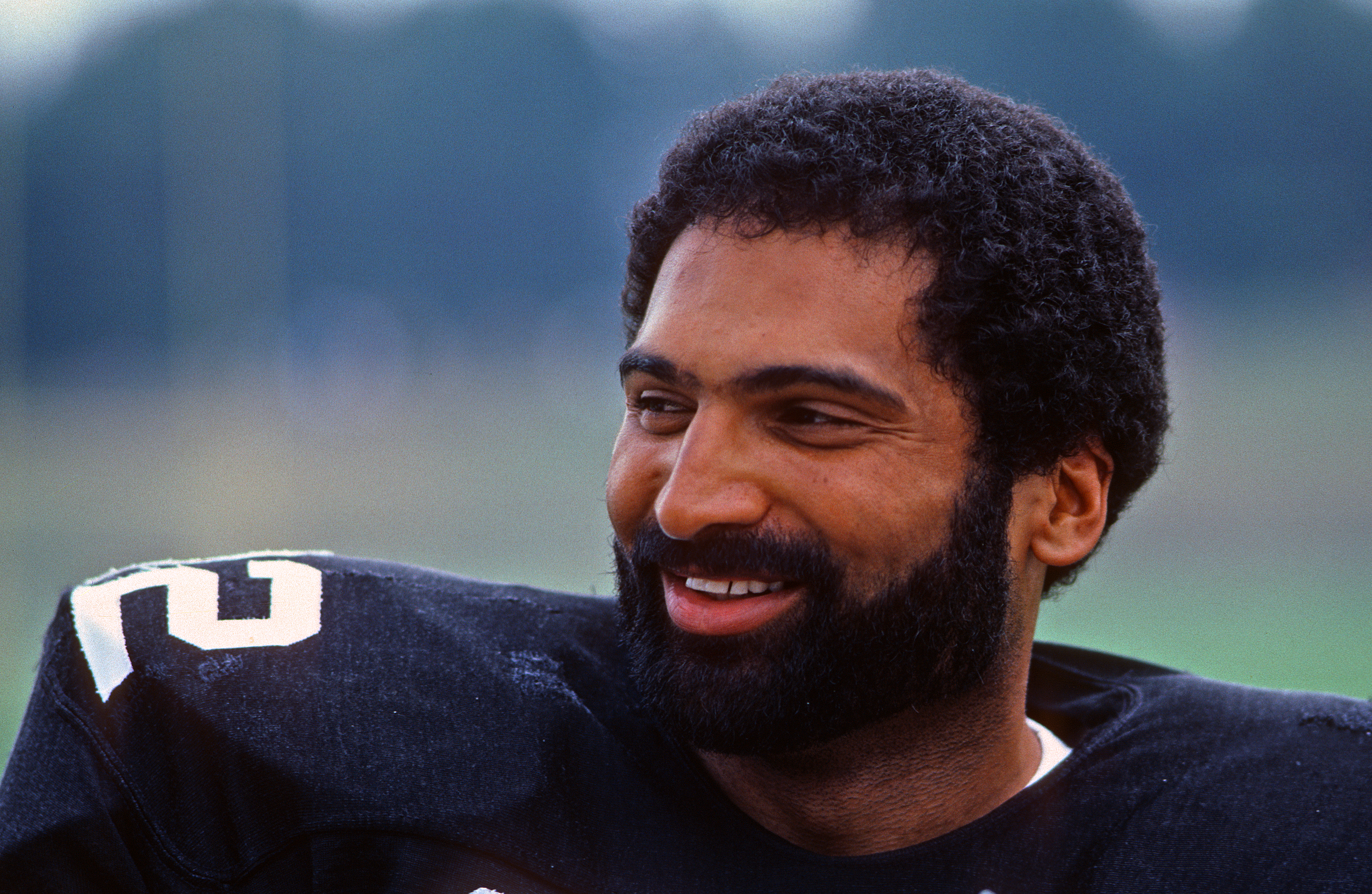 Franco Harris, legendary Pittsburgh Steelers running back, dies at 72
Franco Harris, legendary Pittsburgh Steelers running back, dies at 72Speed Read
-
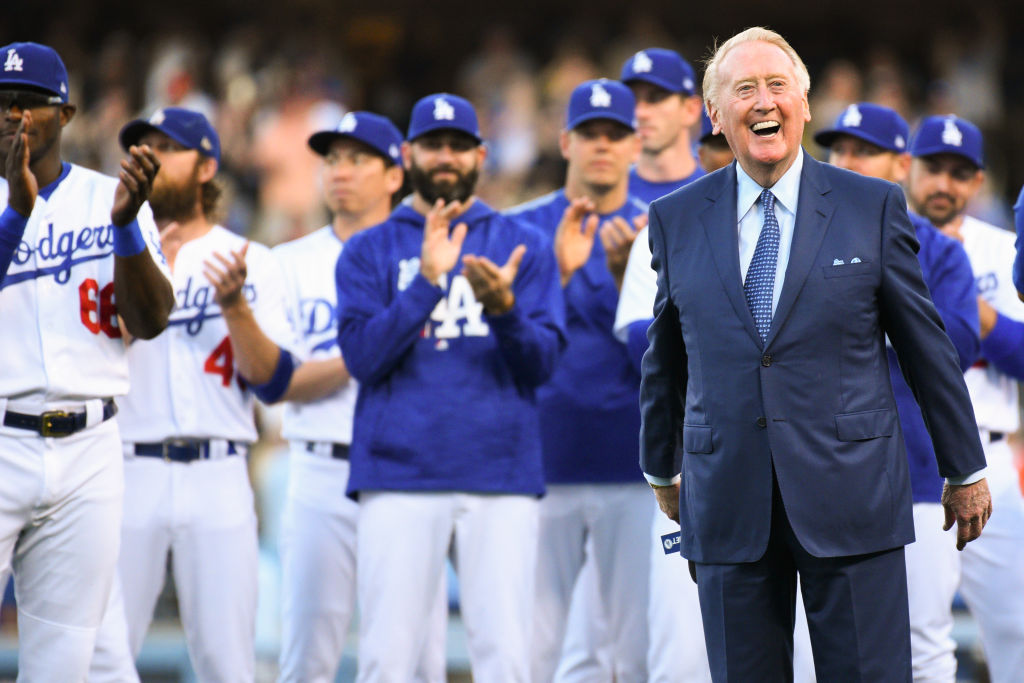 Vin Scully, legendary Dodgers broadcaster, dies at 94
Vin Scully, legendary Dodgers broadcaster, dies at 94Speed Read
-
 NBA champ and Celtics legend Bill Russell dies at 88
NBA champ and Celtics legend Bill Russell dies at 88Speed Read